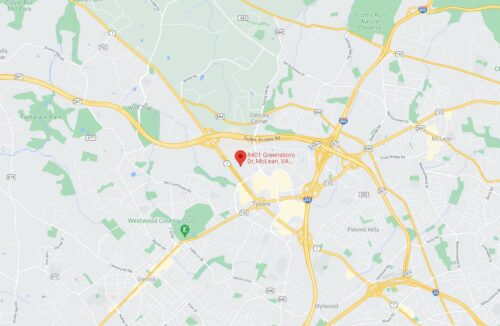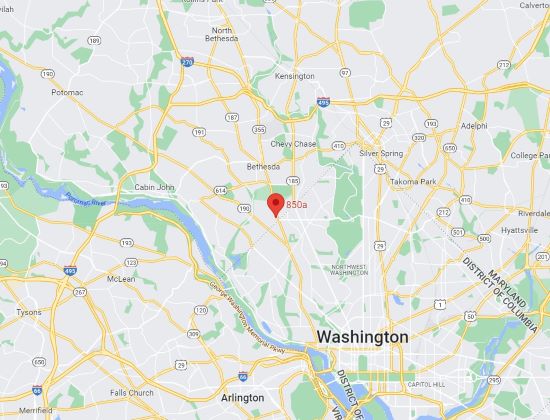What should I expect when I come in for my refractive surgery consultation?
When you first arrive we have you fill out a general health and eye health assessment. We start by asking you to complete a brief questionnaire regarding your vision, your interests, visual needs, eye health and medical history. Paperwork is usually expected by patients when they come into a medical office. Often is is rushed through but you should know that it really is important information that will help us to manage your eye health. An example of the importance of health history such as asthma or allergies help us to know if you may have a potential for dry eyes. We really do look at your intake forms and they are a part of determining your course of care.
You can expect the following tests to be performed during your time at the consultation:
WaveScan / Wavefront Analysis: The WaveScan Wavefront system is a test utilizing radio waves to capture the unique imperfections in your vision.
Auto-Refraction: A computer controlled test that will measure your prescription. It also evaluates how light is changed as it enters the eye. This is quick, simple, and painless.
Corneal Topography: Measurement of the front corneal surface using computerized mapping technology.
Prescription Analysis: Measurement of the prescription in your current glasses.
Visual Acuity: Measurement of you unaided and corrected vision.
Pupillometry: Measurement of your pupil size in darkness.
Subjective Refraction: Measurement of your best current prescription.
Slit-Lamp Microscopy: Examination of the eyes using a lamp and microscope.
Tonometry: Measurement of intraocular pressure.
Pachymetry: Measurement of corneal thickness.
After all tests have been performed we use the information gathered so that the doctors and staff will be able to provide advice concerning the best options for you and your vision correction. We are always happy to answer your questions and concerns regarding your decision to have laser vision correction!



